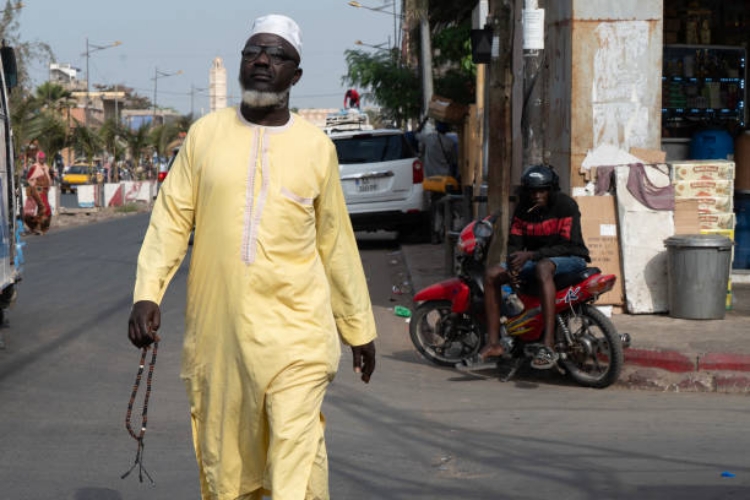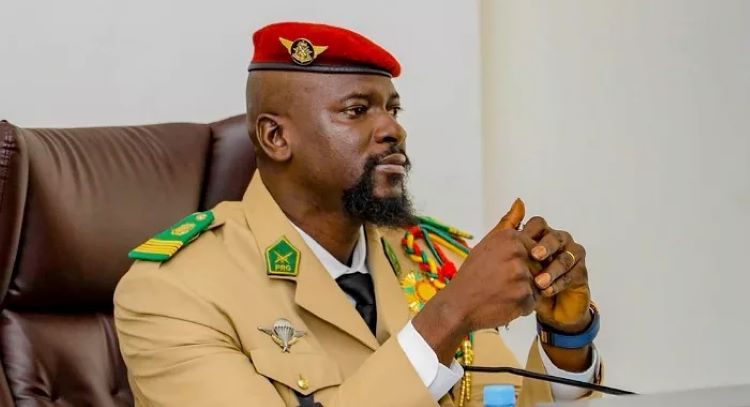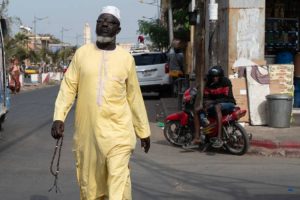Gambiaj.com – (CONAKRY, Guinea) – Guinea took a significant step towards restoring constitutional order with the unveiling of its draft constitution on Monday. Published online by the National Transitional Council (CNT), the document introduces notable changes, including the establishment of a bicameral legislative system. This new structure, detailed in Article 41, will comprise a National Assembly and a newly formed Senate, signaling a shift towards a more complex governance framework.
The draft constitution, expected to be voted on by the end of the year, reaffirms several progressive provisions from the 2020 Constitution. These include the prohibition of the death penalty and female genital mutilation, alongside the protection of fundamental rights, such as the obligation for authorities to inform any arrested individual of the reasons for their detention.
A key element of the draft is the regulation of presidential terms. Article 44 stipulates that the President of the Republic shall serve a five-year term, renewable only once. Additionally, the draft constitution includes a stringent limit, stating that no individual may serve more than two terms as President in their lifetime.
However, uncertainty looms over the potential candidacy of the current transitional leader, General Mamadi Doumbouya, who has been in power since the ousting of former president Alpha Condé three years ago. The transition charter had previously barred Doumbouya from running in future elections, but this restriction is notably absent from the new draft. Dansa Kourouma, Chairman of the National Transitional Council, clarified that the constitution is designed to establish general principles, not to address specific individuals, warning against creating a “tailor-made” constitution.
On the ground, the unveiling of the draft constitution coincides with ongoing tensions regarding human rights and the rule of law. Activists Billo Bah and Oumar Sylla, also known as “Foniké Mengué,” leaders of the National Front for the Defence of the Constitution (FNDC), were arrested on July 9th under questionable legal circumstances. Their detention has sparked protests and calls for their release, with the organizing committee of the Living Forces of Guinea advocating for a “dead city” day in Conakry to demand a return to constitutional order.
Despite these calls, the response on the streets of Conakry was tepid. Most shops, gas stations, and banks remained open on Monday, with citizens going about their daily routines, seemingly unaffected by the planned protest. Only traffic appeared lighter than usual, possibly due to the morning rain.
As Guinea edges closer to a potential return to constitutional governance, questions remain about the inclusivity and fairness of the process, particularly regarding the political future of General Doumbouya. The coming months will be crucial in determining the country’s path forward.










